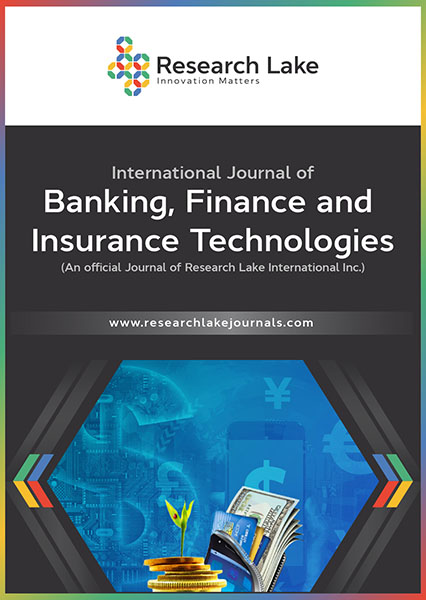Strengthening India's Adaptation Finance: Introducing the National Adaptation Finance Framework
Abstract
India faces significant climate risks due to its geographical and socio-economic vulnerabilities. Current financial frameworks for adaptation, such as the National Adaptation Fund for Climate Change (NAFCC), are insufficient to address the growing demand for resources. This research highlights the need for a National Adaptation Finance Framework (NAFF) to enhance financial resource allocation, stakeholder coordination, and mobilization of diverse funding sources. The objective is to design a robust, inclusive, and sustainable NAFF to address adaptation finance gaps, streamline resource allocation, and ensure that the most vulnerable communities receive adequate support. The study uses qualitative methods, including literature reviews, secondary data analysis, and case studies of international adaptation finance frameworks. It identifies barriers to adaptation finance in India, such as bureaucratic inefficiencies, private sector disengagement, and regional disparities, while benchmarking global best practices to inform the proposed framework. The research finds that India requires approximately $206 billion annually by 2030 for adaptation needs, with current funding addressing less than 10% of the requirement. Sectoral gaps, insufficient private sector involvement, and misaligned funding priorities exacerbate vulnerabilities. The proposed NAFF incorporates innovative financing tools, equitable resource distribution, and community-driven strategies, aligned with global mechanisms like the Green Climate Fund (GCF). A well-designed NAFF can bridge India's adaptation finance gap, leveraging public
and private resources while ensuring transparency and inclusivity. By fostering collaboration across sectors and levels of governance, the framework can enhance climate resilience and contribute to sustainable development goals. This research provides a blueprint for addressing India's adaptation finance challenges and advancing its climate resilience agenda through a strategic and inclusive national framework.
Copyright (c) 2024 Janardhana Anjanappa

This work is licensed under a Creative Commons Attribution-NonCommercial 4.0 International License.
Copyright © by the authors; licensee Research Lake International Inc., Canada. This article is an open access article distributed under the terms and conditions of the Creative Commons Attribution Non-Commercial License (CC BY-NC) (http://creative-commons.org/licenses/by-nc/4.0/).







